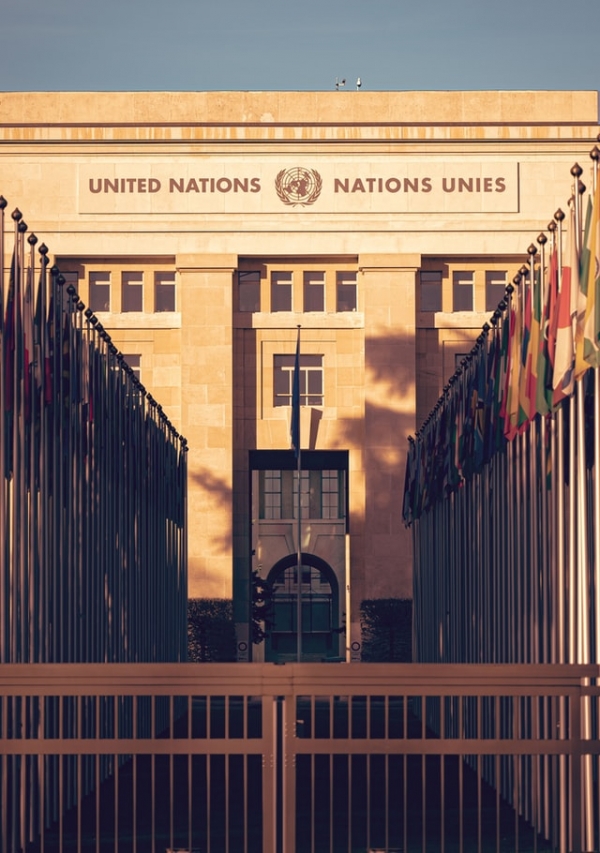On Wednesday 6 July 2022, in the context of the 50th regular session of the UN Human Rights Council (13 June - 8 July), the director of the UN Independent Fact-Finding Mission on Libya Mohamed Auajjar presented the third report on the human rights situation in the country (published July 1, 2022). The root cause of the problems that hindered the political and social reconciliation at the national level is to be found in the regime of general impunity against abuses and violations of fundamental rights in the country. This climate has prevented the victims and their families from obtaining justice and truth.
According to Auajjar, “some of the violations identified include direct attacks on civilians during the conduct of hostilities; arbitrary detention; enforced disappearances: sexual and gender-based violence; torture; violations of fundamental freedoms; persecution of and violations of journalists, human rights defenders, civil society, minorities, and internally displaced persons; and violations of the rights of women and children.”
Also present during the discussion was the Libyan Permanent Representative in Geneva Lamia Abusedra, who recognized both the progress of the Mission and the fact that the resolution of the problems identified by the same is a pivotal objective of the Libyan government. Despite this, according to the Representative, Libya is on the right track in human rights protection, and this can be seen from the various political and legal initiatives implemented by the government in recent months. One of these is the creation of a permanent authority in charge of coordinating the preparation of reports to be submitted to the international mechanisms that supervise the status of human rights. She added that Libya supports the Mission's mandate and that the country is willing to accept a final extension of the mandate for a nine-month period.
Other participants in the discussion showed a bit of mistrust about Libya‘s capacity to fulfill its human rights protection objectives. It was deemed unacceptable that many of the violations reported by the Mission had not actually been investigated by government authorities. Furthermore, all actors involved in the country's political transition should take a holistic approach to human rights and should also try not to undermine the efforts that led to the October 2020 ceasefire agreement.
The rest of the participants welcomed the possible extension of the Mission, which could prove to be a concrete opportunity for effective and comprehensive collaboration between the international community and the Libyan government. In any case, a fundamental condition for the extension is that the Mission remains true to its mandate and respects the given deadlines.
In conclusion, the initiatives undertaken by the Libyan government must be supported in a comprehensive manner by the international community, which must take charge of providing the country the capacity building and the technical assistance it needs to achieve the goals of stability and democracy that the Libyan people have been asking for a long time.
To learn more, visit the official UN statement:
by Ignazio Alcamo







